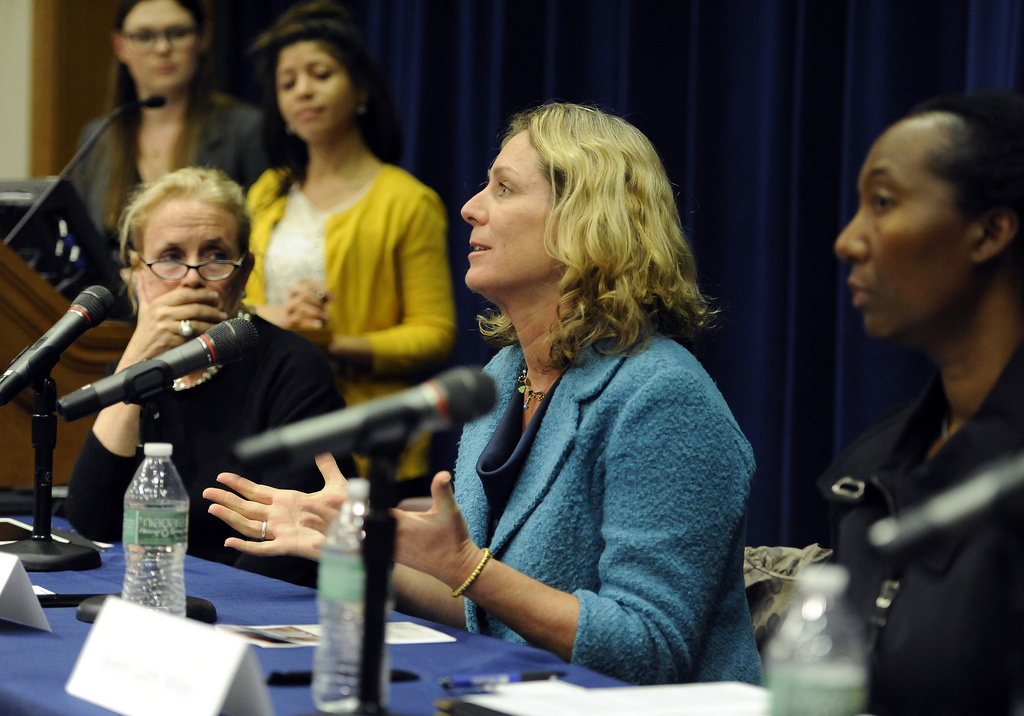POLITHEOR
European Policy Network
Blog 1 Column Left Sidebar
- Home
- Blog 1 Column Left Sidebar

Good practices on disability rights: no more stones on the road0
- Human Rights and Migration, Op-ed
- 21/03/2017
Nowadays, according to the assessment of the European Disability Forum, about 80 million Europeans have a disability. One in four Europeans has a family member with a disability. Six Europeans out of ten know someone, who has a disability. Thus, the protection of vulnerable people requires urgent attention.
READ MORE
GMOs and Organic Farming: Can they be friends?1
- Environment and Energy, Op-ed
- 10/05/2016
There is evidence that organic food is not necessarily as environmentally friendly and sustainable as is commonly believed to be. Nor are genetically modified organisms (GMOs) by default a threat to the environment. In fact, GM technology can help organic farming become truly sustainable.
READ MORE
Global financial governance: does the EU have a say?0
- Financial Policy and International Markets, Op-ed
- 28/02/2017
As the EU tries to create a single financial market, engaging in a global financial governance which is no longer preoccupied with the development of new standards and institutions but rather concentrates on the implementation of existing rules, can the EU still play a major role in this particular scene?
READ MORE
Gender parity in governments: Can we force it?0
- Human Rights and Migration, Op-ed
- 24/06/2017
In 2015, Prime Minister of Canada, Justin Trudeau, gave Canada its first cabinet made up of an equal number of men and women. When asked about the reason for his gender parity promise, he simply answered: “Because it’s 2015.”
READ MOREGarancija za mlade Europske unije: Sve samo ne garancija zaposlenosti0
- Op-ed
- 15/10/2014
Prije nekoliko dana čelnici zemalja Europske unije okupili su se u Milanu na izvanrednom Summitu o zaposlenosti, pri čemu su se obvezali uliti dodatnih 6 milijardi eura u ne tako davno (2013.) uspostavljenu inicijativu za suzbijanje nezaposlenosti mladih u Europskoj uniji pod nazivom «Garancija za mlade» (Youth Guarantee). Garancija za mlade ambiciozna je strategija
READ MORE







